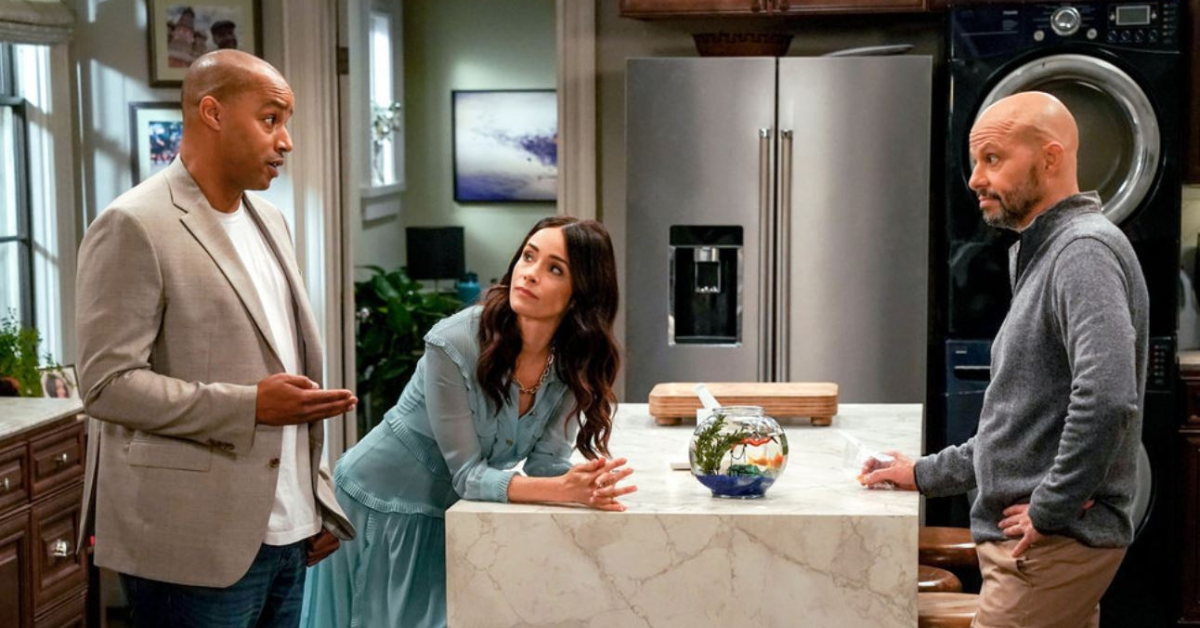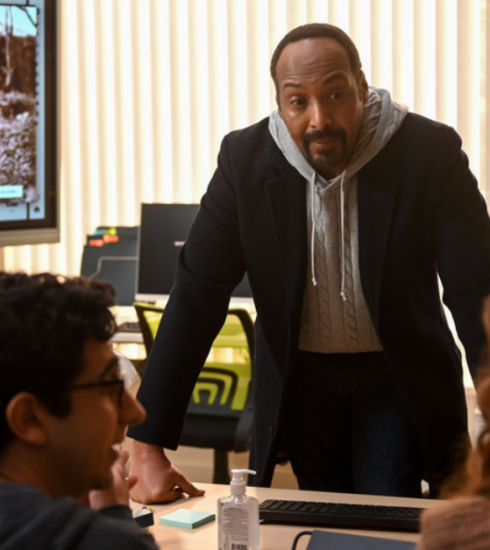Nikki Taylor-Roberts on directing the latest episode of Chicago Med on NBC (Demo)
Nikki Taylor-Roberts is part of NBCU’s Landmark Female Forward Directing Program. Because of this program she had the opportunity to director last week’s episode (The Winds of Change Are Starting to Blow) of Chicago Med. I had a great time speaking to her about her experience and what this opportunity meant to her.
About Her
Nikki Taylor-Roberts is a director, screenwriter, and Emmy Award-nominated producer. The Baltimore native is passionate about amplifying authentic portrayals of female characters and has an affinity for drama, action, and thrillers. She directed Go to Bed, Raymond! for Season 3 of 20th Digital Studio’s ‘Bite Size Halloween’ on HULU. She was one of four female writer-directors behind Season 1 of BET HER’S original series, ‘The Waiting Room’.

The Interview
Cox: Nikki I want to know what it was like for you to direct your first episode of Chicago Med.
Taylor-Roberts: It was fast and furious (laughs). You have only so much time to do everything that you have to accomplish. You know what I mean? I had my game plan for sure and went for it, but in some moments, I had to improvise. So that really sums up my experience.
Cox: I know you love directing and aren’t new to it, but the show has a completely different format than what you are used to. Did you learn anything about yourself during this experience?
Taylor-Roberts: I learned how much I loved this type of formatting. Directing this episode with this format was like going from theory to actually applying it, which I really loved doing. You know it’s different when you actually put something into practice. Then you get the swing of it and want to do more of it.
Cox: Speaking of format, what are the things that need to come together to bring a medical drama to life?
Taylor-Roberts: The procedurals of a medical drama like this require a lot of action. There needs to be constant movement because things change on a dime when it comes to a show like this. There is a formula that accentuates this style of drama.

Cox: When it comes to Nikki directing, what’s something I will be able to notice in this episode compared to others, knowing that that’s one of Nikki’s specialties when directing?
Taylor-Roberts: Oh boy, I love a good zoom in and zoom out or push in and push out as if someone was sitting in a rolling chair with a handheld camera. I like to do a lot of that, and I was going to do it with some of the medical scenes you saw in the episode.
Cox: This opportunity was through NBC’s program. Tell me about your experience being part of it.
Taylor-Roberts: It’s a premiere program because it guarantees direct credit to its participants. I’m in the fourth grade, and it’s pretty awesome. This program really solidifies your directing career in television. You know, we all need that validity in this industry, and this really provides that for us. So many things have opened up for me because of it, and I’m thankful and grateful for it.
Cox: You mentioned that this program provided the necessary validation for you as an up-and-coming director. Would you say it provided the confidence needed for you to go into other director seats for other projects?
Taylor-Roberts: Yeah, you know, I really feel like it sealed the deal for me as a director. Through this process, I’ve overcome hiccups and hurdles. That’s something any first-time director would experience, but I experienced it working on a show of this magnitude. Now I can walk into the next project with confidence and take it on.

Cox: Before we end, I want to ask you because you are very passionate about women being authentically portrayed on film. How can projects make sure that women are being portrayed in an authentic manner?
Taylor-Roberts: You know, it’s really the inner beauty of women that I think needs to be shown more. Too many types; it’s usually a superficial portrayal of women that’s all about the physical and very surface level. Instead of focusing on a particular way a woman should look, we should focus on who she is on the inside and her role. Only by taking into account the roles of writers, directors, and other professionals will this be possible. The authors of these projects and characters have to champion causes like this so they can happen more often.
Photo Credit: Courtesy of NBC






